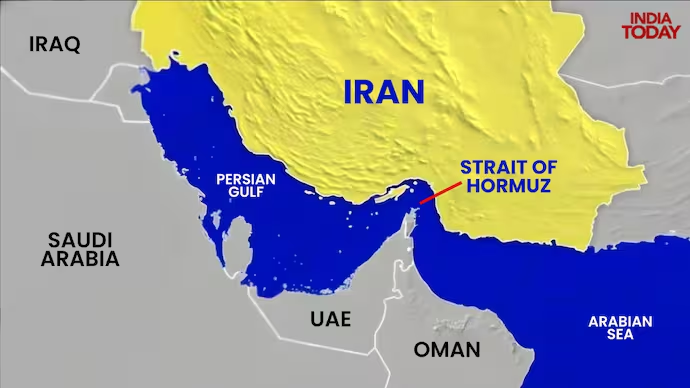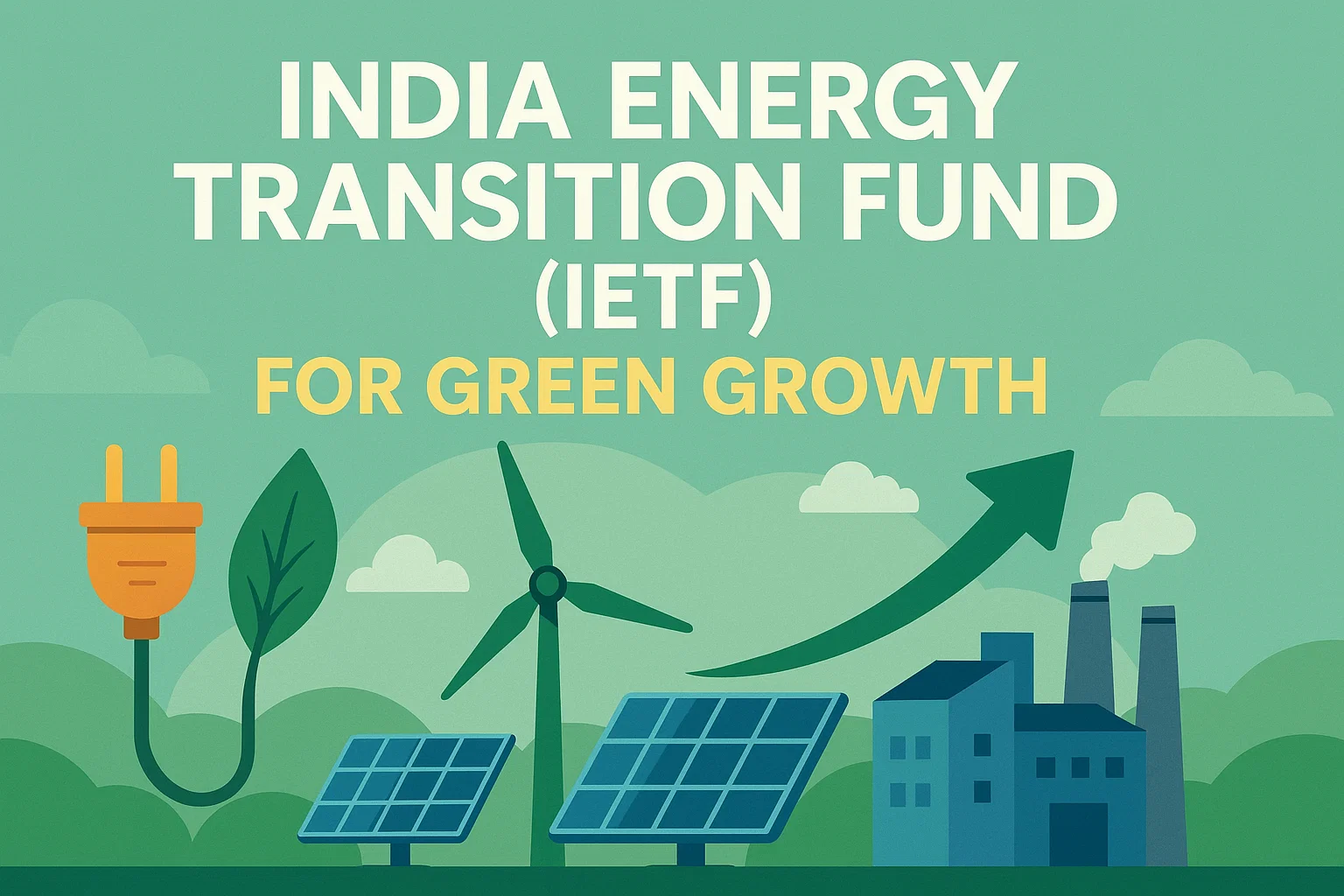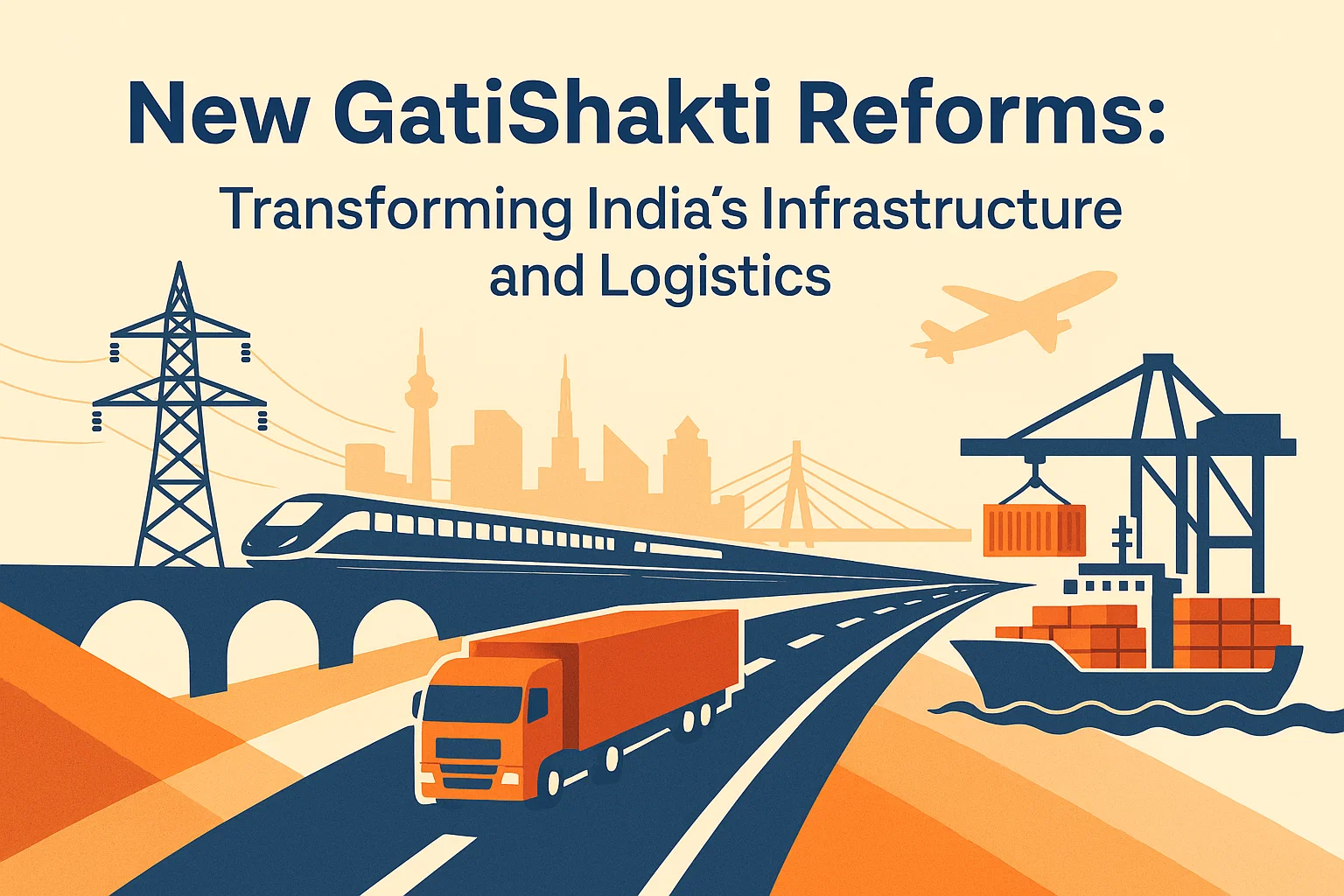Font size:
Print
Israel-Iran Conflict and Global Energy
Strait of Hormuz, India’s energy imports and Global Energy
Context: The escalating Israel-Iran conflict has drawn sharp global attention, particularly from the international energy markets.
More on News
- As tensions rise in West Asia—a key hub for global oil and gas flows—India and other major importers are watching developments closely.
- Given India’s high dependence on West Asian oil, any disruption in the region could have serious implications for energy prices and national economic stability.

India’s Vulnerability to Global Energy Shocks
- India, the world’s third-largest consumer of crude oil, imports over 85% of its oil needs and nearly 50% of its natural gas demand.
- A major share of this comes from West Asian nations like Iraq, Saudi Arabia, UAE, Kuwait, and Oman.
- While Russia is currently India’s largest oil supplier, the Strait of Hormuz—the narrow maritime passage between Iran and Oman—remains critical, facilitating nearly 47% of India’s oil imports, according to recent tanker traffic data.
Geopolitical Risk Already Inflating Shipping Costs
- Although oil and gas flows have not yet been significantly disrupted, energy analysts report a rising geopolitical risk premium.
- This is already inflating shipping and insurance costs for tankers navigating the region.
- Some global shipping lines are reportedly reassessing their routes through the Strait of Hormuz, a chokepoint for one-fifth of global oil supply and a key corridor for LNG exports, especially from Qatar to India.
- The benchmark Brent crude oil price spiked 7% to over $74 per barrel following Israeli airstrikes inside Iran and Tehran’s subsequent retaliation.
- While prices have moderated slightly in recent days, the threat of further escalation remains.
Why the Strait of Hormuz Matters
- Dubbed the world’s most important oil transit chokepoint by the US Energy Information Administration (EIA), the Strait of Hormuz carries a substantial portion of global crude oil and LNG trade.
- Much of India’s energy imports—including oil from Iraq, Saudi Arabia, UAE, and LNG from Qatar—pass through this strait.
- Any closure of the Strait would significantly disrupt global energy supply chains and send oil prices skyrocketing, industry experts warn.
- Iran has threatened such a closure in the past, although it has never acted on it—even during major wars.
- Still, the possibility cannot be ruled out entirely amid the current tensions.
What Happens If Iran Shuts the Strait?
- According to Amena Bakr, head of Middle East energy insights at Kpler, a closure of the Strait of Hormuz remains unlikely, but if it occurs, oil prices could surge past $120 or even $150 per barrel.
- This would severely affect India’s economy, increasing the trade deficit, inflation, and putting pressure on the rupee and forex reserves.
- While countries like Saudi Arabia and the UAE have developed alternative oil export routes to bypass the Strait, their effectiveness in a full-blown regional conflict would still depend on whether export infrastructure remains intact and supply lines stay open.
Indian Refiners Brace for Higher Freight and Insurance Premiums
- Even without a full shutdown of the Strait, Indian refiners expect a rise in freight and insurance premiums, pushing up the landed cost of crude and LNG.
- Although this is preferable to a complete supply shock, it will strain refinery margins and increase energy costs across the economy.
Impact of Disrupted Iranian Oil Exports
- Though India does not import oil from Iran due to US-led sanctions, any disruption in Iranian oil exports would ripple across global markets.
- Chinese refiners, which buy most of Iran’s oil, may turn to Middle Eastern and Russian suppliers, tightening global supply and raising prices further.
- According to S&P Global Commodity Insights, such a shift would also boost freight rates and hurt Asian refinery margins.
Will Spare Capacity Help?
- The OPEC cartel, led by countries in the same conflict-prone region, holds significant spare oil production capacity.
- However, its utility in a crisis would depend on the operability of export routes like the Strait of Hormuz.
- If both infrastructure and maritime channels are compromised, even spare capacity might not prevent a global oil supply crunch.
The Israel-Iran conflict has not yet led to a direct disruption of global energy flows—but the risk of escalation remains high. For India, a major oil importer, this is a stark reminder of the country’s energy vulnerability. As refiners and policymakers prepare for higher freight costs and oil prices, the situation underlines the urgency of diversifying energy sources, ramping up domestic production, and investing in strategic petroleum reserves.



